Thematic Highlights of the Forum: Sustainable Tourism
Press release - Zagreb, May 14, 2021
Authenticity is a key resource of tourism, and local people are the central "stars" at the sky of the new paradigm of sustainable, responsible and resilient tourism
The Croatian Ministry of Tourism and Sports, as a partner in the EUSAIR Facility Point project and coordinator of the EUSAIR Thematic Pillar 4 Sustainable Tourism, led with European Commission a panel discussion on the final day of the Forum “From Crisis to Recovery through Transnational Tourism Projects Aiming at a Sustainable Green Macro-region”. The aim of the discussion was to increase awareness of the contribution of macro-regional strategies to key EU policies in general and the contribution of tourism and culture to EUSAIR through transnational selected leading project ideas that “green” the Adriatic-Ionian region and Europe.
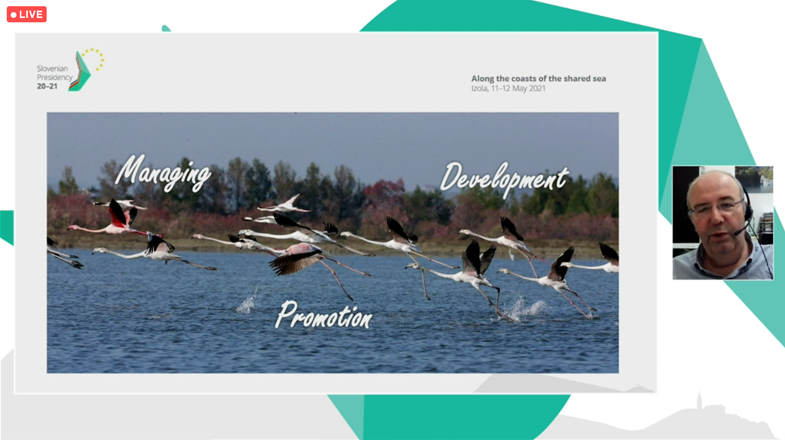
The EU is focused on economic recovery
Slawomir Tokarski from European Commission, Director for European Territorial Cooperation, Macro-Regions, INTERREG and the implementation of the European Commission's programs share with the participants the recent Euromonitor's prediction that European tourism would begin to seriously recover in 2023.
“It is clear that business as usual cannot continue and we need to reinvent and rethink the European tourism sector. This was imperative already before the crisis but has been accelerated and gained new impetus. Volume-based tourism should be replaced by valued-based tourism which will boost a wider range of sectors in its value chain and provide more income to the local communities. The recovery will come with a more sustainable approach in managing all the segments. Now, more than ever before, European tourism needs strong political support and a coordinated approach among authorities. This is where I see the potential of macro-regional strategies, this unique multilevel cooperation platform to facilitate the process"said Tokarski.
Since the spring of 2021, the European Union has provided more than EUR 1,800 billion for the recovery of the European economy and its "green" economic transformation. In order to address the challenges and exploit the potential of the sector in the 2021-2027 programming period, investment in tourism will be possible within all five Cohesion Policy objectives, just as cultural tourism will play an even more important role in regional economic competitiveness and attractiveness in the next period – has been presented during the panel.
The European Union does not forget the no-EU EUSAIR members: it has also provided € 9 billion and identified 10 flagship initiatives in key areas of transport, renewable energy, waste management, water management and digital transformation for the long-term economic recovery of non-EU members of the Adriatic-Ionian Strategy through the Economic and Investment Plan Western Balkans 2021-2027. prof. Gordana Đurović from Montenegro reminded participants her presentation.
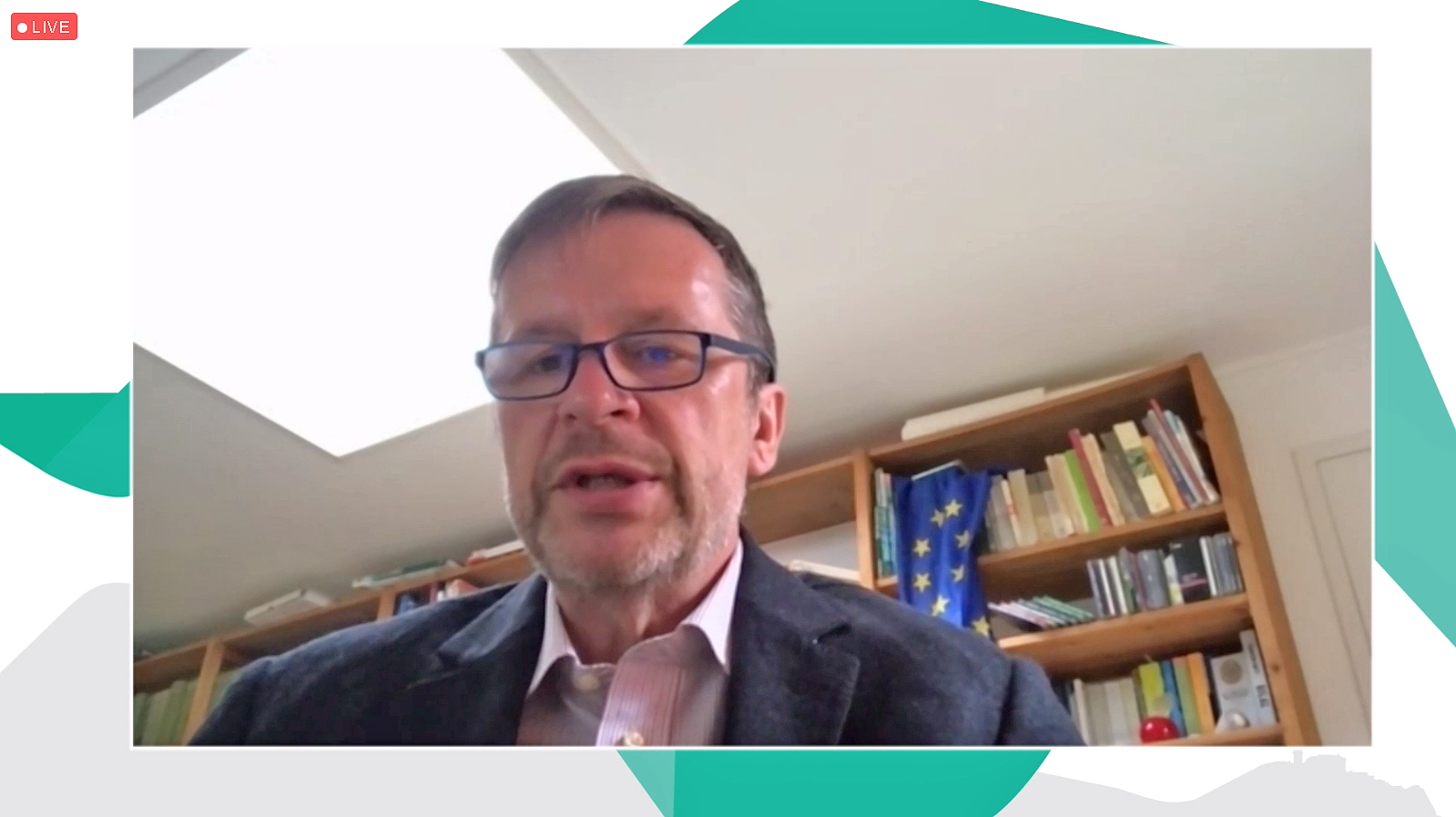
Tourism as economy of identity
"Authenticity is one of the key values of local communities. It supports tourism as economy of identity by providing attractiveness and transformative experiences for visitors. It is revealed through stories, and storytelling is a tool that can transfer local values and meaning to visitors.The synergistic capacity of tourism and culture can provide positive impetus, new strength and enthusiasm, initiate new ways of thinking that improve positive human relations and inspire sustainable and responsible development of EUSAIR, and have the power to rehabilitate societies and economies fragmented by crises and pandemics. Recovery in EUSAIR should be further developed through embedding process taking into account the full participatory approach, inclusiveness and multilevel governance. Supported by knowledge and education the new destination management relies on responsible planning, diversification, special interest product development and promotion, resulting in GREEN EUSAIR tourism. said Natalija Havidic, Director of Strategic Planning, Digitization and EU Funds of the Ministry of Tourism and Sports.
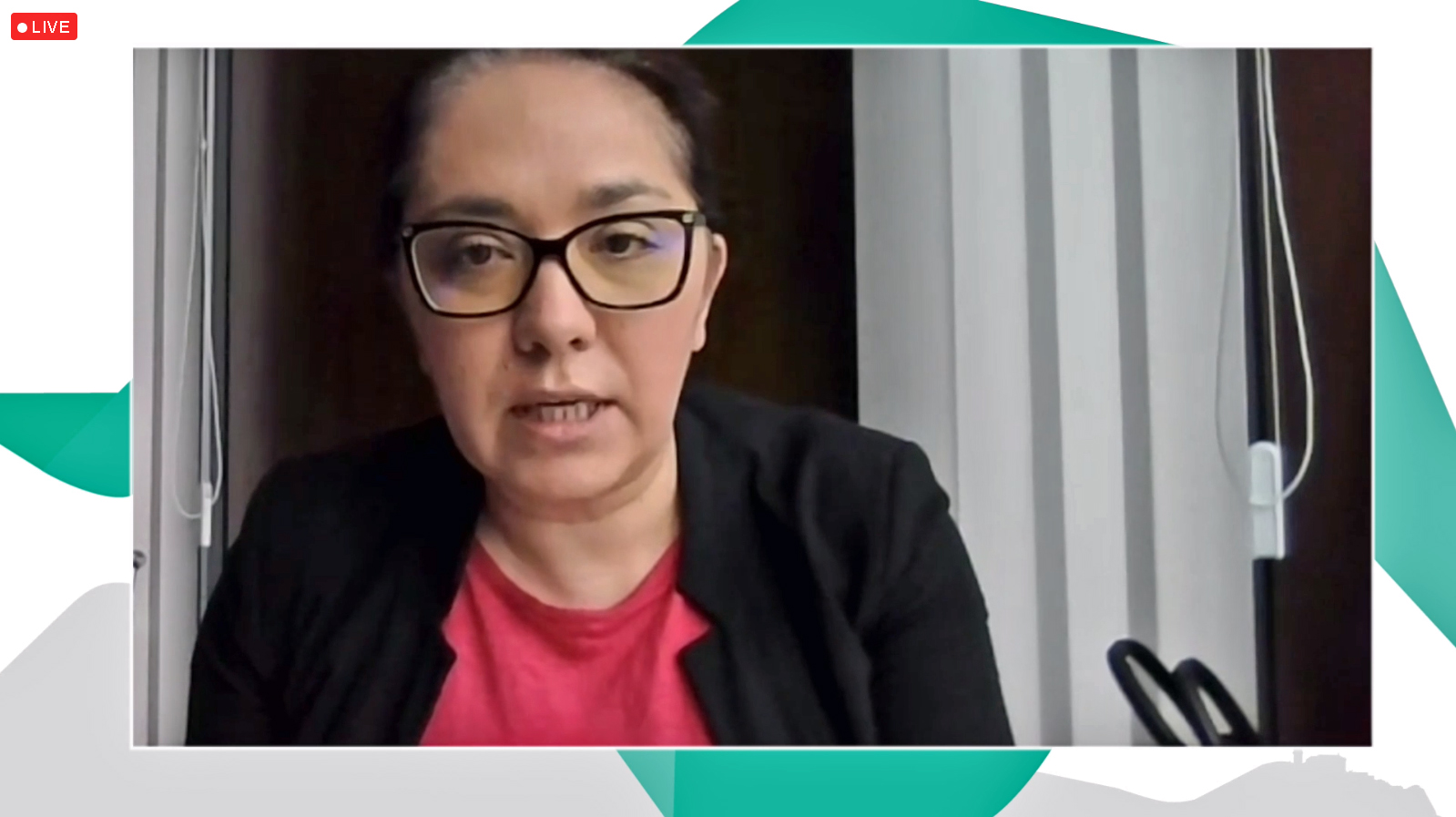
Taking Back the Narrative
For Alex Crevar, a member of the Council for Transformational Tourism, an advocate of responsible tourism and a travel journalist whose articles are published by The New York Times, National Geographic Travel, Lonely Planet and many other world media, the locals are the most important resource in tourism. Local people, not tourists, need to become "stars" and the culture of the destination a high priority. At the heart of the new responsible, resilient and sustainable tourism are the local population who need to learn how to tell and promote their own stories and thus build the authenticity of the destination and the authenticity of the tourist experience: the guest wants to learn from local heritage experiences, local guides and local traditions. the basis of tourism that will offer authenticity. Crevar builds this peculiar Copernican reversal of the guest-host relationship on the basis of his rich experience of knowing destinations and writing about destinations of North and South America, Asia, Africa and Europe. The key to success is the destination's trust in its own heritage and that is why - You should believe in your heritage - is the key message that Crevar sent to tourism stakeholders from the meeting.

The tourist potential also has a war heritage, as well as cultural and natural resources
The panel also presented best practices of the EU funded projects in the respective field. A particularly interesting example is the cultural route "Peace Walk - the legacy of the First World War unites Europe". The project idea "Weg den Friedens" originated in 1970 in Austria, came to life in a cultural route and united former war enimies in joint work and remembrance of the victims, and from the cross-border project of Slovenia and Italy through which 500 km of cultural route was made became the new project idea of a transnational project involving 12 countries, including Croatia. In 2020, the year of celebration of 30 years of European territorial cooperation, the project was awarded as the best EU INTERREG project.
Cultural thematic routes have been traditionally recognized as a tool for good cross border cooperation for many programming periods of European territorial cooperation. Within its cohesive nature raise awareness of the value of cultural resources and landscapes. The responsible and sustainable use of the resources ensured through environment-friendly formats (biking and hiking tours) sustainable and use of innovative tourist offers (culinary tours) promote »non-mass« sustainable tourism. The concept of cultural thematic routes integrates multisectoral cooperation (among education, economic, environmental and cultural sector) and covers all levels of cooperation (local, regional, national and transnational). Therefore, cultural routes are in the centre of interest of the EUSAIR TSG4 Sustainable Tourism. More about cultural routes and the award-winning project Walk for Peace, has been given in presentation "Cultural thematic routes as a key driver of innovative and digital creative tourism" by Irena Marš from the Slovenian Ministry of Culture and Maša Klavora, from the Walk of Peace project.
In addition to cultural routes, protected areas also have tourist potential, which in sustainable and responsible tourism are valorised in a way that does not destroy their natural resource basis. Albania is an EUSAIR member state that in the last five years has made a lot of effort toward tourist valorisation of its protected areas, which cover 21% of its total territory: built 10 new visitor centres, 7 information centres, marked more than 300 km of trails and prepared and issued guidelines for protected area management. The results showed quickly: the number of registered guests in protected areas in those five years increased from 132 thousand guests to one million and 317 thousand in 2019. "The natural heritage is our 5 stars, and we want to build 5 stars tourism on that basis," said the Director General of the National Agency for Protected Areas of Albania, Zamir Dedej.
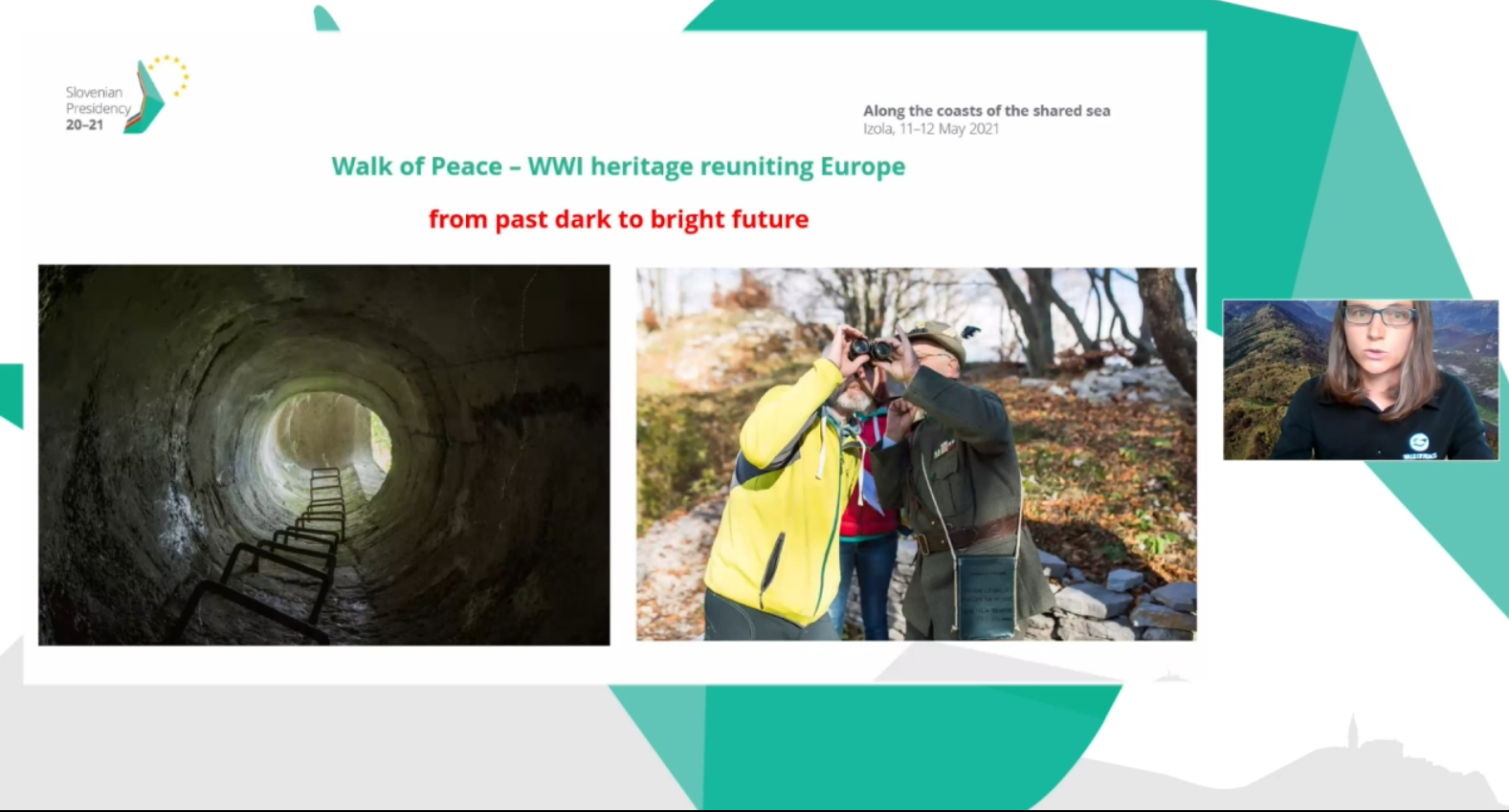
G20 and 7 priorities for tourism recovery
Flaminia Santarelli, Director General for Tourism of the Italian Ministry of Tourism presented the conclusions of the last meeting of the G20, held on 5 May, which was entirely dedicated to the topic of tourism. The G20 brings together the world's major economies - member countries account for more than 80% of world GDP, 75% of global trade and 60% of of the population of the planet, so it is always useful to hear their reflections. In 2021, the G20, under the Italian presidency, focuses on three broad, interconnected pillars of action: People, Planet, Prosperity. Tourism recovery is seen through 7 priorities: Safe mobility, Crisis management, Resilience, Inclusiveness (countries, destinations, people), Green transformation, Digital transition and Investment and Infrastructure: actions are required to support recovery and build a stronger, more resilient and sustainable tourism economy to meet the needs of the sector and local communities.
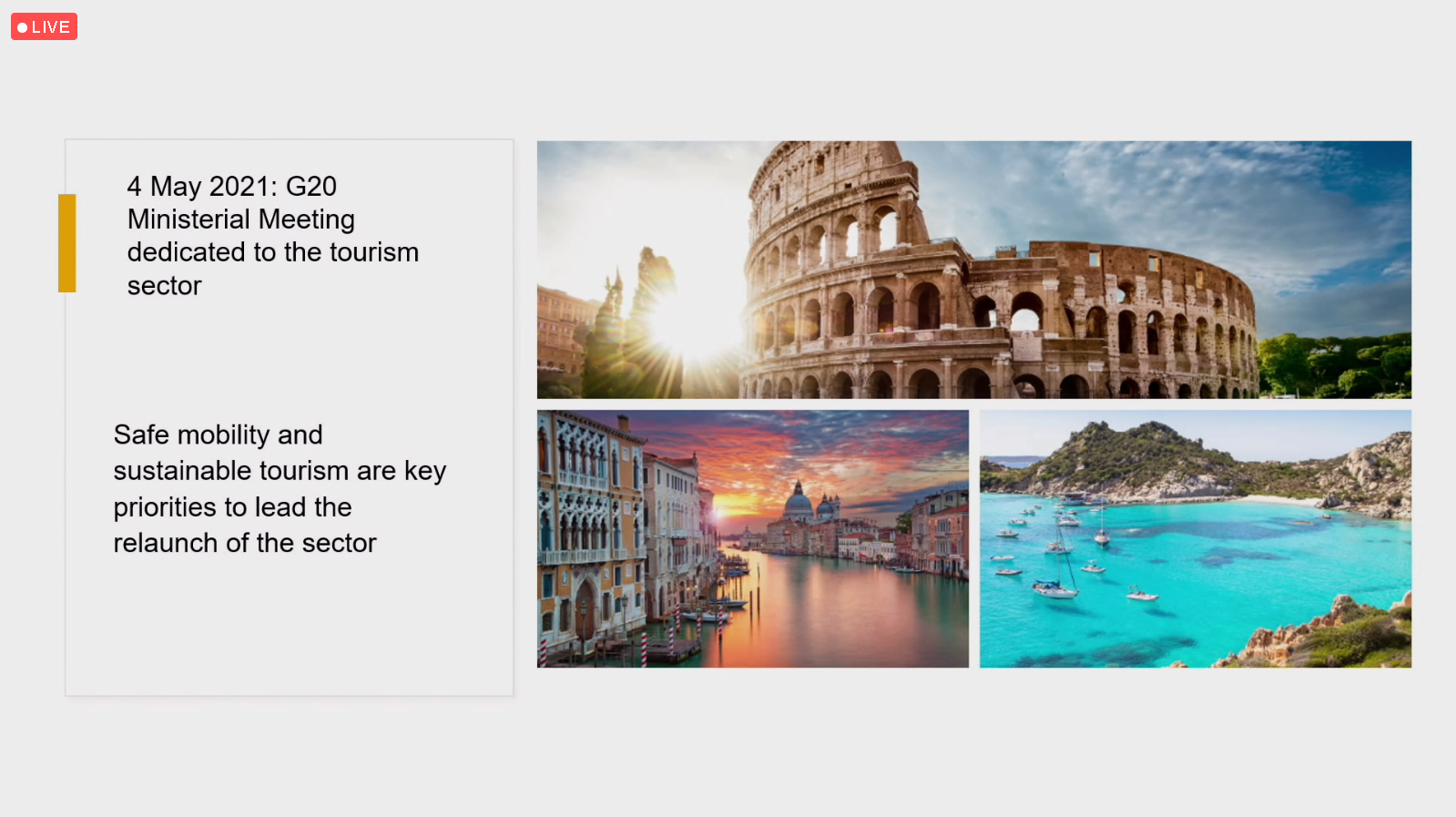
You might be interested in
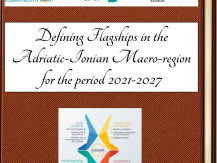
EUSAIR flagships all summed up!

The Hellenic Republic assumes the Presidency of the EU Strategy for the Adriatic and Ionian Region (EUSAIR) (1 June 2024 – 31 May 2025)
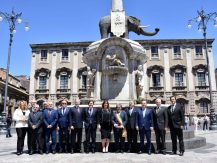
3rd EUSAIR Annual Forum – CATANIA DECLARATION







